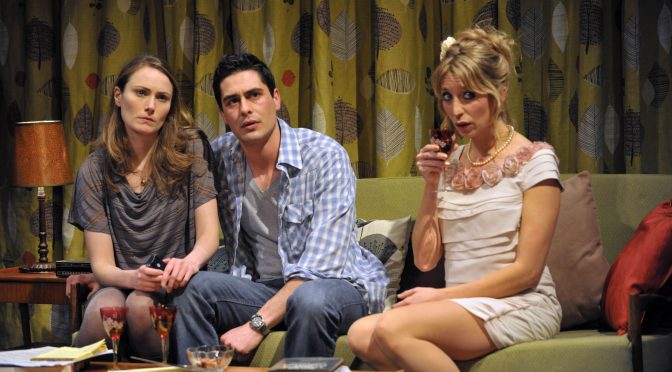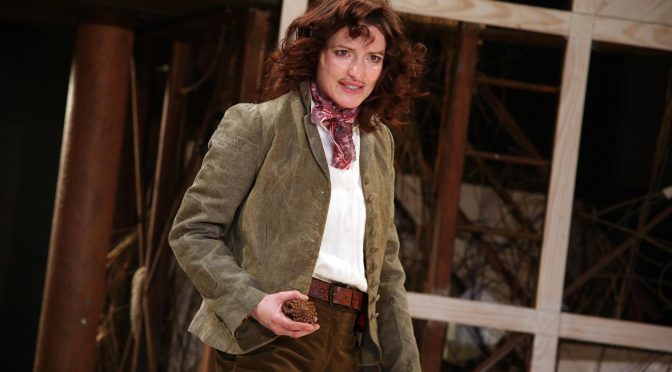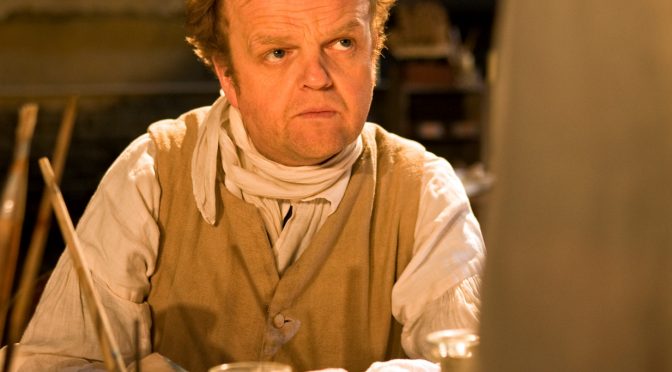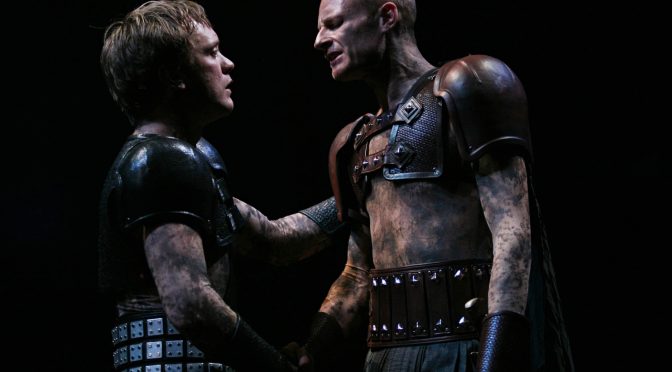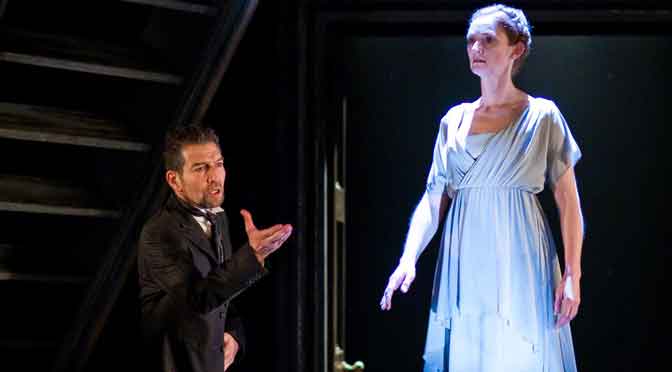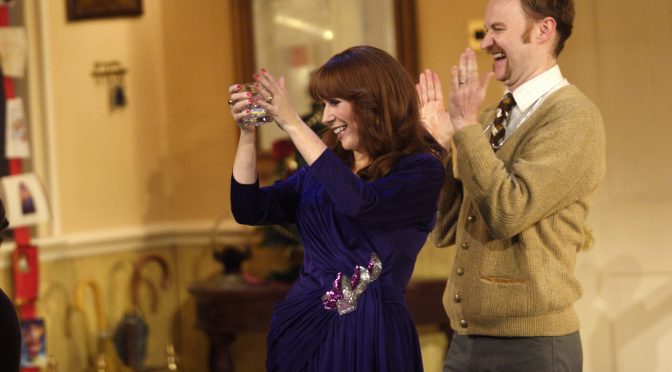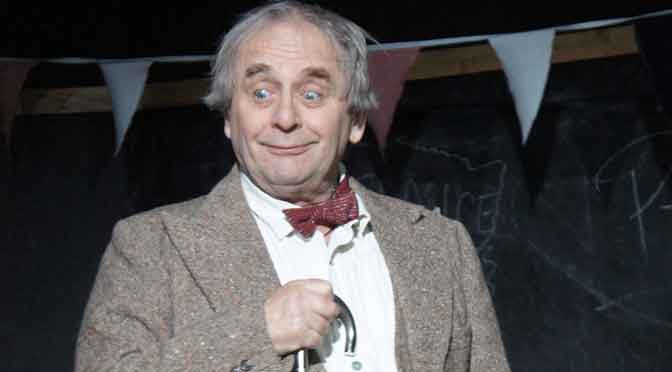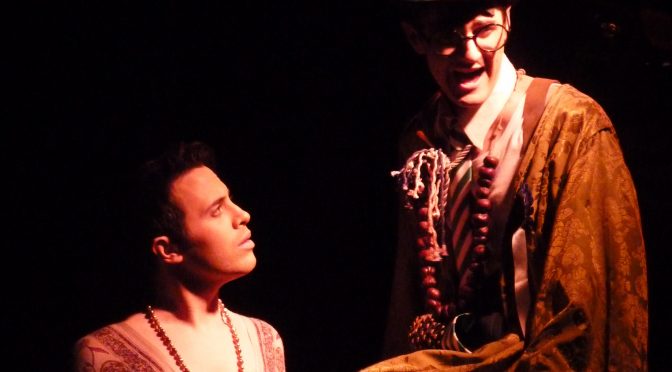It’s too early in the year to say that Becky Shaw will turn out to be the funniest play of 2011, but it’s a tempting predication to make. Suffice to say, Becky Shaw is the funniest play you will have seen in a long time.
Director Peter DuBois has travelled from America with the show. You can tell he knows the piece inside out – the direction is as sharp as the lines: clean, taut and getting the best out of this wonderfully witty script. Gina Gionfriddo’s tale of social mores and her heroine’s impact on the lives of one family is packed full of great lines. But as well as sharp social observation, Gionfriddo’s artfully unfolding plot opens up a delicious debate about love in modern times.
The cast seems to be having as much fun as the audience. A magisterial matriarch, played by Haydn Gwynne on fantastic form, has raised her children with an eye to the pragmatic. The ironic result is that her daughter Suzanna (Anna Madeley) spouts the kind of psychobabble we all love to laugh at and ends up married to an indie rock kid. This is an exquisite parody and Vincent Montuel’s wide-eyed approach makes his character’s earnestness hilarious: this youth’s so sensitive that “pornography makes him cry”.
Meanwhile Suzanna is also under the influence of her adopted brother Max whose maxim is that, “Love is a happy by-product of use”. Setting him up on a blind date comes with the understated warning that, “his coarse delivery belies a rich interior life”. There is much to dislike in Max and at times it’s a joy to hate him, but he’s so sharp he gains your admiration. This is a wonderful performance from David Wilson Barnes, close to perfection and a privilege to watch.
Into the family mix comes Becky. Inspired by Thackeray’s heroine in Vanity Fair, she opens a lid on the other characters’ damaged lives and throws in her own neuroses as well. Manipulative or just victimised? It’s up to you, but Daisy Haggard’s performance is so achingly funny you can’t help warm to her. For all the havoc she causes, we are grateful. We love Becky Shaw.
Until 5 March 2011
Photo by Hugo Glendinning
Written 21 January 2011 for The London Magazine

